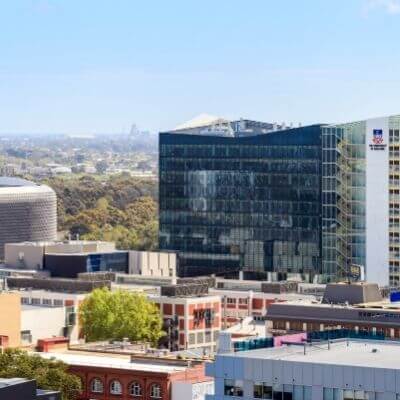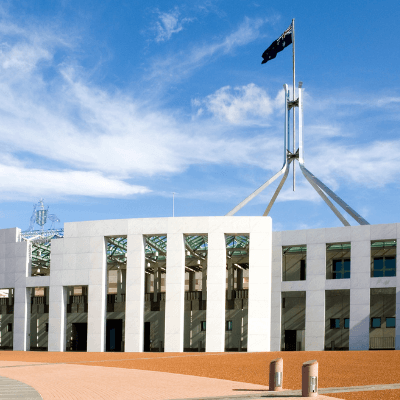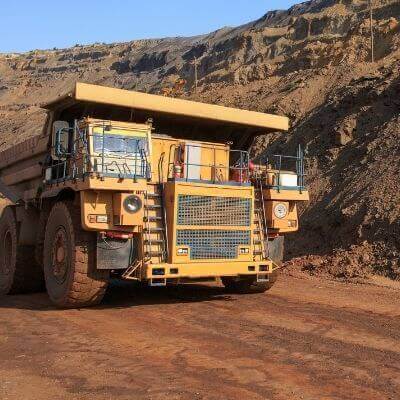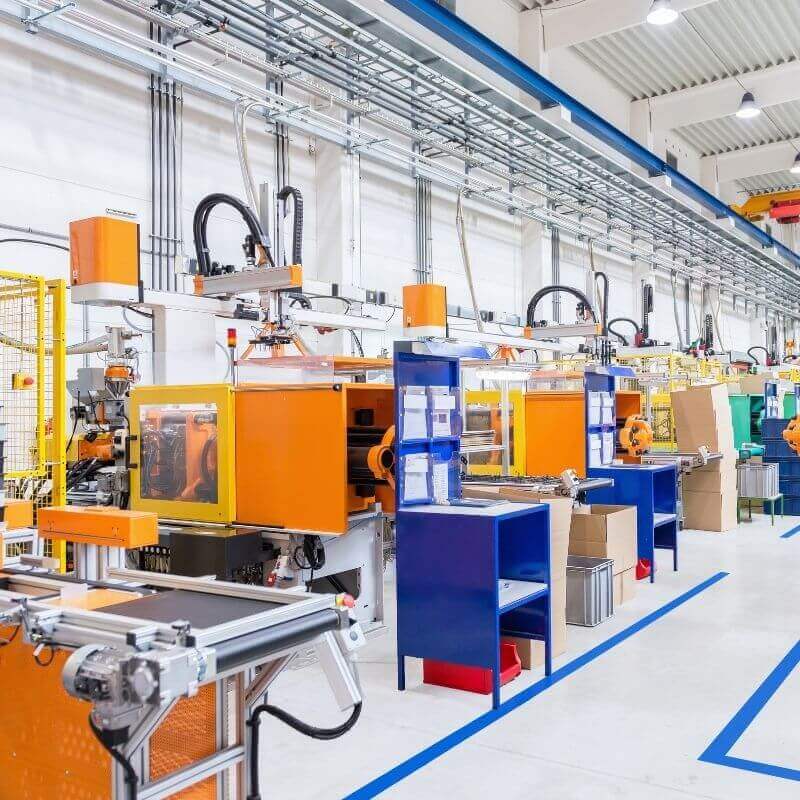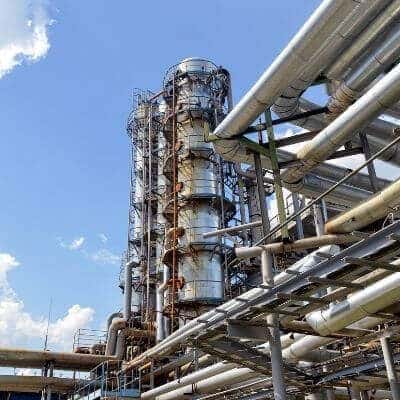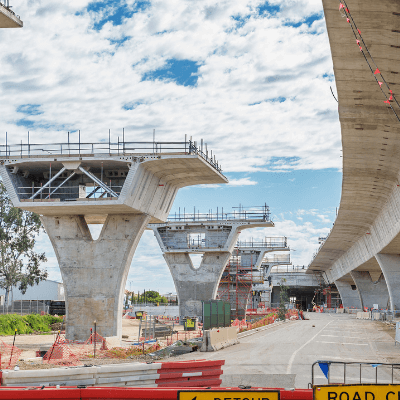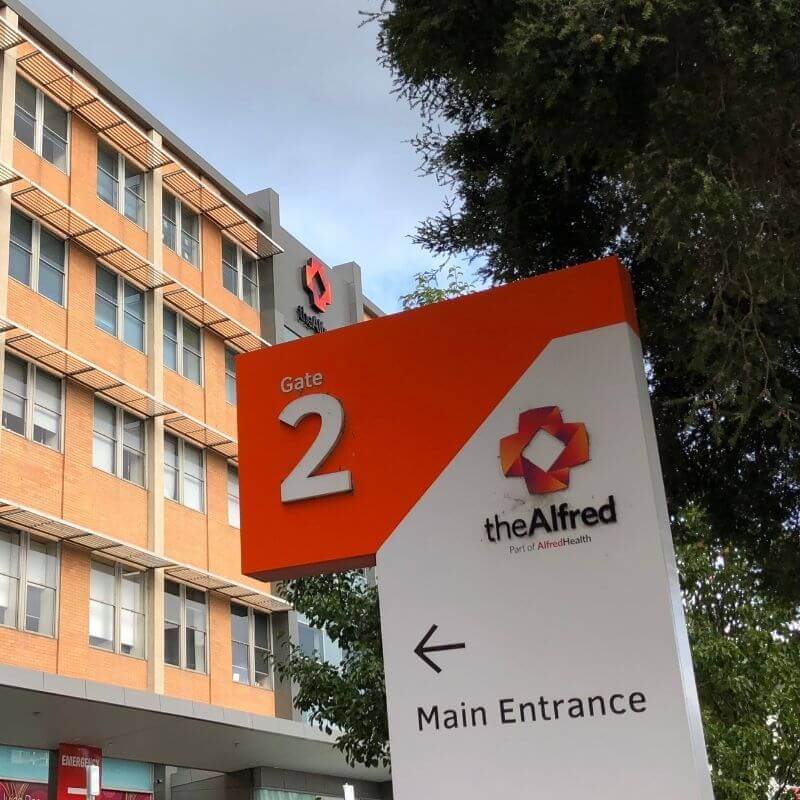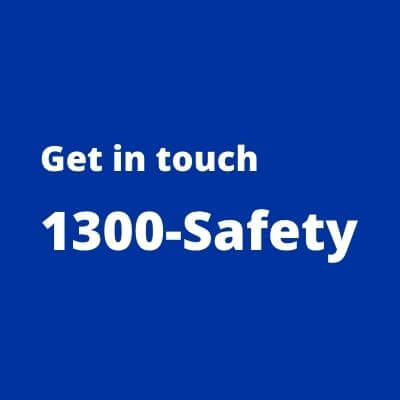Importation of Potential Asbestos Containing Products
Receive results within 24hr. Fast analysis and uncomplicated clearance of imported products.
Our team of specialists, inspect goods and take samples to determine the presence of asbestos or the hazardous substances.
Be sure your imported good are safe to enter Australia. Asbestos is found in car brake pads, gaskets, engine or pipe insulation, or electrical componentry. Other products known to contain asbestos are vinyl and sheet floor coverings and their adhesives, mastics, fillers and putties, to name a few.
We have found asbestos in RC toy cars, vintage vehicles, and various imported building materials.
Call us if you have had goods flagged by Border Force or to arrange an audit by our certified asbestos assessors.
Our services include:
Our qualified and experienced specialists will assess imported products and will determine if further action need to be taken.
Our qualified and experienced Asbestos Consultants take samples wherever and whenever necessary.
Operating our own NATA accredited laboratory assures cost effective handling and short turn around times.
Additional Services:
- Project Management (removal)
- Risk Assessment
- Hazardous Substance Audit
Request a Quote
Please provide us with some details.

Unfortunately, asbestos can be hidden almost anywhere.
Onsite auditing and sampling of materials in combination with fast turnaround times at our NATA accredited laboratory, assures that your imported goods can enter Australia as quickly as possible.
The media often report on importers and product suppliers who have received products from overseas that contain asbestos. You may have been advised the goods did not contain asbestos, or the goods were labelled asbestos-free. However, then they tested positive when checked by Australian Border Force. One reason for this is that many other countries don’t have the same strict regulations and compliance requirements as Australia. Producers might simply do be aware of potential issues.
Australian Border Force has become more vigilant with border protection and they are conducting more container and goods audits than ever.
Unfortunately, asbestos is a risk for importers, and we recommend being upfront and organise testing before Customs or Border Force issue a notice, penalties or fines.
Asbestos is found in various products from plasterboard, to car brake pads, various insulation products, electrical componentry, roof tiles or adhesives to fillers, and even crayons or make up.
The only way to assure your customers and consumers that an imported product is Asbestos free is to get it tested by a certified Asbestos Specialist in a NATA accredited Laboratory.Our certified Asbestos Assessors can assess your goods upon arrival in Australia at any port.
Furthermore, we are experienced assessing overseas production plants as well to audit the production process and facilities anywhere to be sure imported products will not contain asbestos.
Enlisting HSE Australia’s experienced team to assess products before leaving the processing facility is a small price to pay to maintain a positive corporate image.
Auditing, Sampling & Management of potential risks & existing hazards.
HSE Australia offers a wide range of asbestos audit and management services. Get in touch for an individual quote.
Request A Call Back
Solving problems others find difficult...for clients in

Frequently asked Questions
Health Safety Environment Australia
What is Asbestos?
To put it simply, asbestos is a rock forming silicate. The most common silicate is quartz. However, asbestos is special because it is not solid but consists of fibres. These fibres, once disturbed or broken down can become a health hazard.
Where does Asbestos come from?
Asbestos continues to be an issue because it is still mined, processed and used in many countries, especially Russia, China and India. Therefore, certain imported good sourced from those countries are likely to contain Asbestos (ACM).
What are common product that contain(ed) Asbestos?
Apart from roof and wall sheeting, we found Asbestos in car parts such as breaks, Building material such as roof panels, toys such as RC car or appliances such as oven or grills.
Is Asbestos still a problem?
Unfortunately, yes. asbestos was used over many years and in over 3000 products and applications.
Can asbestos be assumed to be present?
Suspect Asbestos Containing Materials can be assumed to contain asbestos and managed accordingly. HSE Australia are experts in determine what a ‘suspect asbestos containing material’ is. As many materials formerly containing asbestos are now made with no asbestos content, a visual assessment to deny asbestos content in a product is not satisfactory. Under safety regulations this can only be completed in a NATA accredited laboratory. HSE Australia is NATA accredited to assessment materials for asbestos content or otherwise in materials (Asbestos Test)
See “Asbestos Identification” for more details.
Is an Asbestos Register required?
An Asbestos Register is required for workplaces built before 2004; this would incorporate buildings, structures and items of plant and equipment at the workplace or if asbestos is likely to be present at the workplace from time to time. The Asbestos Register formerly documents the location, type, and condition of the Asbestos Containing material. HSE Australia have conducted thousands of assessment audits of buildings and are experts at the audit process. The asbestos register document must be accessible to those at the workplace who carry out work at the property. Asbestos Registers must be reviewed and kept up to date.
One Source Many Solutions
Over the past 15 years we developed the ability to quickly understand and respond to our clients’ needs. We are “solving problems others find difficult…”.
We offer our clients an enviable team of specialists working with associates and other external experts, driving and delivering fit for purpose, tailored single sourced solutions for you.

